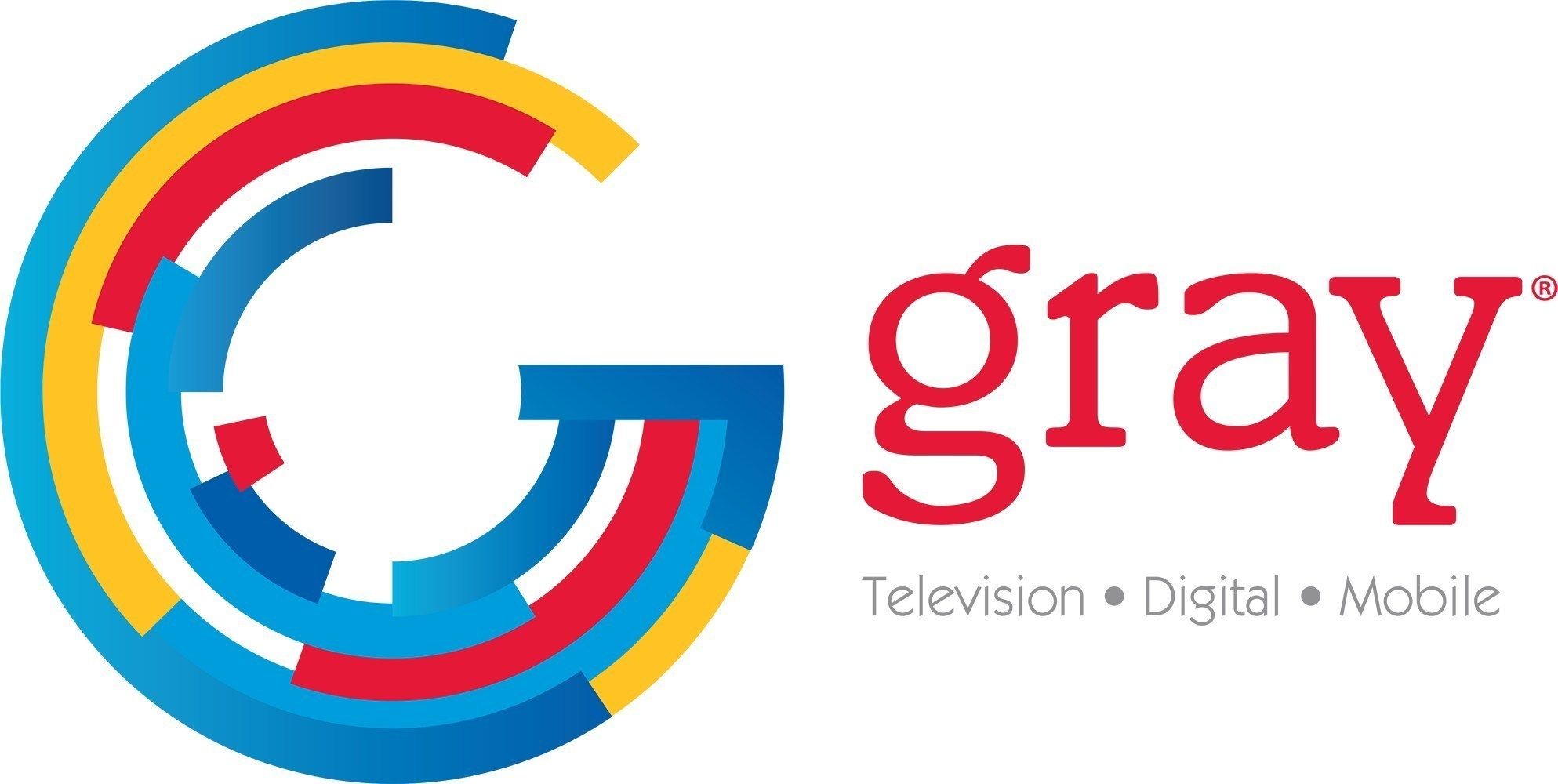FCC Upholds Fine Against Gray Television
Broadcaster says: See you in federal court

The smarter way to stay on top of broadcasting and cable industry. Sign up below
You are now subscribed
Your newsletter sign-up was successful
The Federal Communications Commission said it will not rescind its half-million dollar fine against Gray Television for "willfully and repeatedly" violating its prohibition on owning two of the top-four rated full-power TV stations in a market.
Gray said it will take the FCC to court and expects to get the decision reversed.
The FCC proposed the fine in July 2021, a first for the acquisition of a network affiliation. Gray appealed but the agency on Tuesday (Nov. 1) rejected the appeal and said the fine stands.
The commission said that the proposed fine stemmed from its acquisition of the CBS affiliation of KTVA — which went dark — when it already owned NBC affiliate KTUU, both in Anchorage, Alaska. At the time the stations were ranked Nos. 1 and 2 in the market. Gray put the CBS programming on its KYES Anchorage, but then moved it to a co-owned low-power station and simulcast it on a digital subchannel of KTUU.
Also: Gray: FCC Should Restore Rule Deregulation
In 2016, the FCC clarified its rule on owning two of top four stations that it barred “the common ownership of two top-four stations with overlapping contours in the same DMA through the acquisition of a network affiliation.”
MVPDs, who long argued that the FCC's rules allow broadcasters to skirt ownership restrictions and unfairly bundle retrans negotiations, had backed the fine.
The smarter way to stay on top of broadcasting and cable industry. Sign up below
The FCC had concluded Gray’s acquisition of the CBS network affiliation of KTVA Anchorage “resulted in the ownership and operation of two of the top-four stations in the Anchorage DMA,” saying Tuesday that nothing Gray had said in its defense persuaded it otherwise.
In its appeal, Gray argued, among other things, that it did not have any notice that the affiliation purchase violated local-ownership rules and said that in any event, the FCC was impermissibly regulating its content choices.
The FCC was unmoved and also rejected Gray’s argument that the agency should not have applied a per-day forfeiture metric to come up with the $518,283 fine, which was based on $8,000 per day up to the statutory maximum.
Gray issued a lengthy statement:
“The FCC’s Forfeiture Order erroneously concludes that Gray violated an FCC rule adopted in 2016 that prohibits the ‘swap’ of television station assets that “result in” one licensee owning two of the top-ranked television stations in the same market.
“In the transaction at issue, Gray acquired nonlicensed programming and local news assets from another broadcaster in the Anchorage market who was unable to find a buyer for its station and consequently intended to shut it down, including its local news operation. Gray invested in these acquired assets to place new programming on KYES-TV, Gray’s second full-power television station in the Anchorage market, which Gray had previously acquired with the Commission’s consent. At the time of Gray’s acquisition of the additional programming assets, both KYES-TV and Gray’s KTUU-TV in Anchorage were ranked among the top four local stations in ratings. Consequently, contrary to the FCC’s finding, the disputed acquisition did not involve a ‘swap’ and did not ‘result in’ Gray suddenly owning two top-four ranked stations.
“As Gray explained last year in its response to the FCC’s proposed finding on Gray’s Anchorage transaction, federal law, including U.S. Supreme Court precedent, simply does not allow the FCC to rewrite its rules to prohibit a transaction structure that it previously approved. Nor does federal law permit the FCC to impose penalties on those who followed the rules as they were written at the time.”
Gray is confident enough to declare its intention to seek help from the federal appeals courts, saying it expects “a complete reversal by an impartial federal court.” ▪️
Contributing editor John Eggerton has been an editor and/or writer on media regulation, legislation and policy for over four decades, including covering the FCC, FTC, Congress, the major media trade associations, and the federal courts. In addition to Multichannel News and Broadcasting + Cable, his work has appeared in Radio World, TV Technology, TV Fax, This Week in Consumer Electronics, Variety and the Encyclopedia Britannica.

